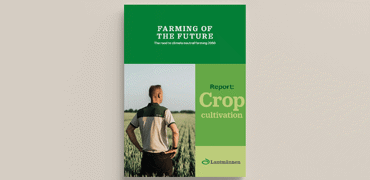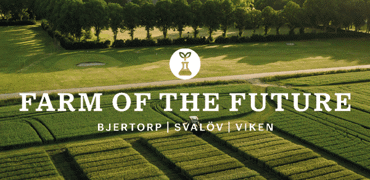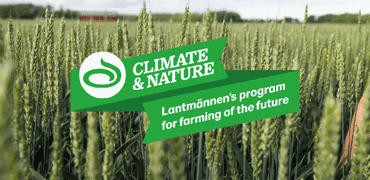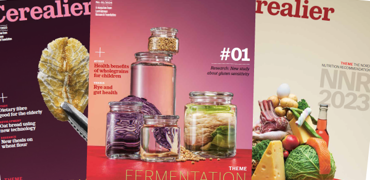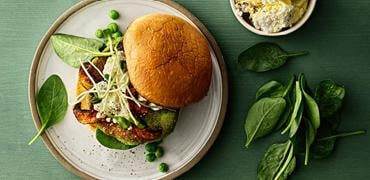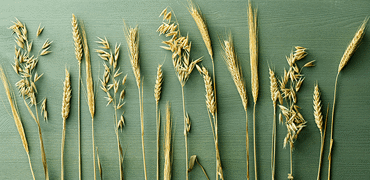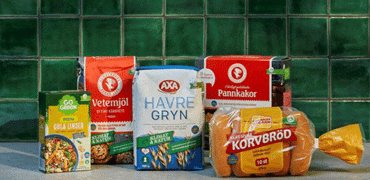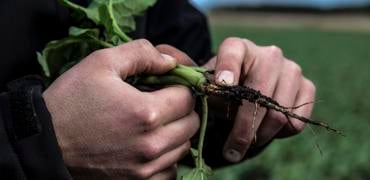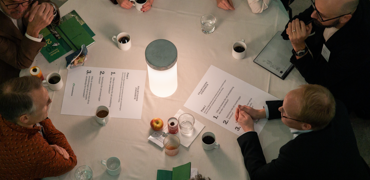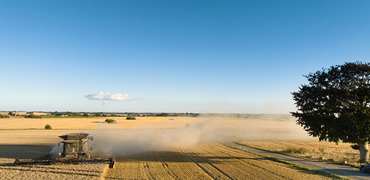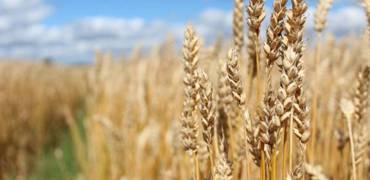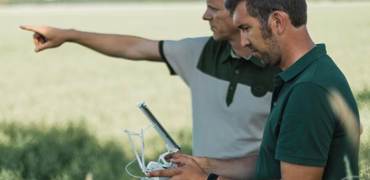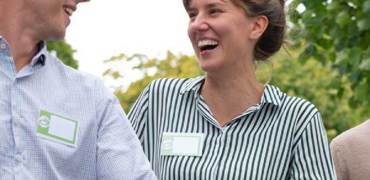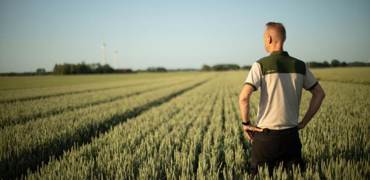Since the beginning, Rikard Landberg wanted to become a medical doctor. A study visit from the Swedish University of Agricultural Sciences (SLU) during his senior high school years brought his attention to agronomy, and his plans took a whole new direction. After completing his studies in 2005, he pursued his doctorate degree. But why the interest in food and nutrition science?
“When I began my studies, it gave me insight into the possibilities of having an agronomist degree. I realized quickly that I wanted to do research, and to understand how different foods effect our health.”
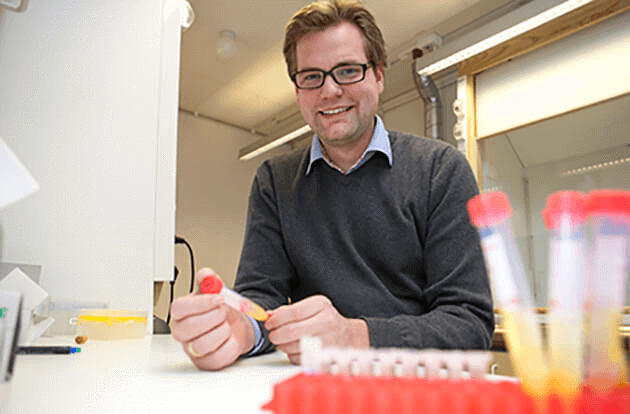
Since 2016, Rikard has led research and education in Food and Health science at Chalmers University.
In general, his research is about understanding how the food we eat effects our health, for instance how eating plant-based food impacts people with diabetes or heart disease.
“For example, we perform meal studies that demonstrate how food effects the metabolism immediately after intake, as well as long-term studies looking at how food effects risk factors. We work mainly with dietary fiber, grains, and wholegrain.”
Another area within his research is epidemiology, where they perform observational studies on diseases based on what people eat. A third one is individualized nutrition, which is all about trying to find biomarkers that can predict how people will respond to specific diets.
“In this area of research, we study the gut flora's reaction to dietary fiber, and create individualized diet recommendations based on our observations,” Rikard Landberg explains.
Since 2012, Rikard has been collaborating with Lantmännen and played an active role in one of the Research Foundation’s evaluation groups.
“For me it is important to work closely with the industry. I’m a strong advocate of being able to do everything from independent on-the-ground research within our field, to more applied research in collaboration with other actors, such as Lantmännen.”
The different projects over the years with Lantmännen have varied in nature .
“My experience is that the best projects are those with a large engagement from all parties involved, therefore it is important to discuss the projects with Lantmännen at an early stage. They are often, from a research perspective, quite “fast” and there is a close dialogue with the researchers, which is good. During the project there are regular meetings, and we frequently submit status reports, until we finally write the final report.”
Describe your latest project?
“We conducted a large study on weight loss with FORMAS as the lead financial partner in which we found that rye contributed to greater weight loss than similar products that are made with white flour from wheat. Lantmännen’s Research Foundation contributed, together with Barilla, with 16 percent of the total financing, which allowed us to increase the number of participants. Lantmännen also contributed by supplying products for the study.”
What makes Lantmännen and the Research Foundation good partners?
“The Lantmännen Research Foundation is one of few private actors that invest such large amounts of money in long-term research. There is an incredible engagement and interest from the owners/farmers, who do an amazing job contributing with their knowledge in discussions, and asking the right questions. It means a lot to the research, having such a big private financier.”
What progress do you hope for the most within your field of research?
“That we will be able to take a blood test and from its results determine what the person should eat more or less of to live a healthy life.”
Do you have questions about this research collaboration?
Contact Annelie Moldin, Research Manager Food & Health, Lantmännen Group R&D, annelie.moldin@lantmannen.com






